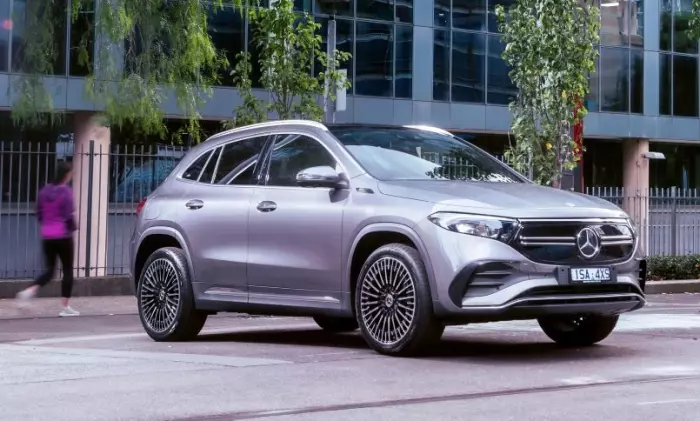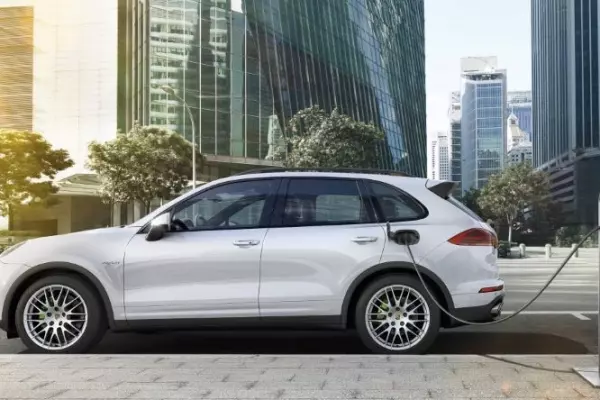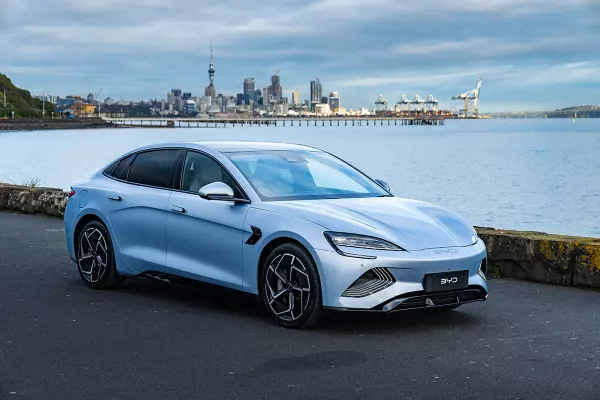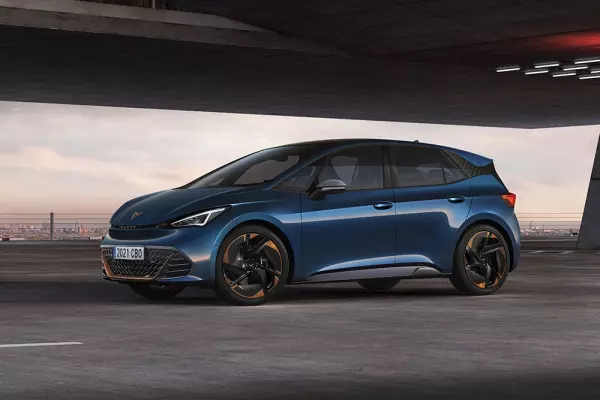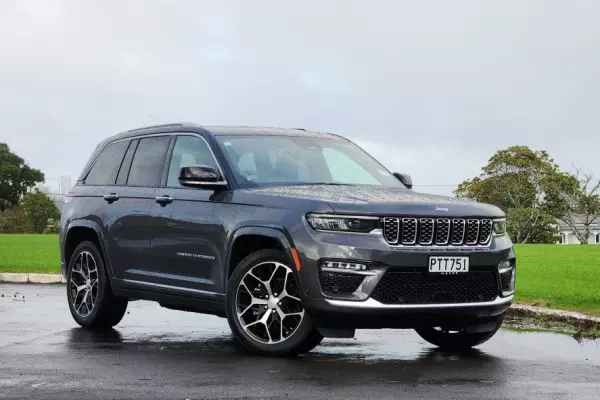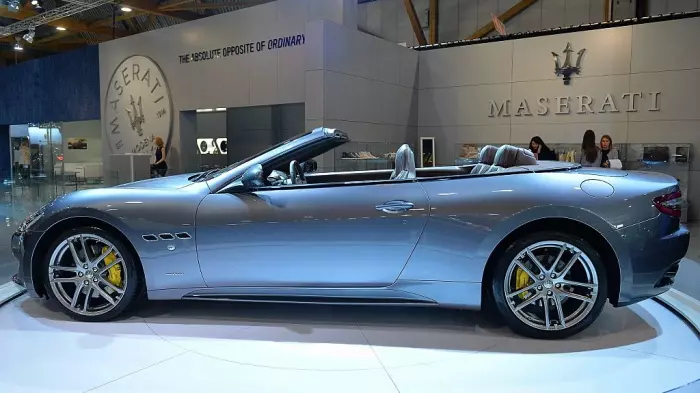The nifty Mercedes-Benz EQA is probably the most normal electric car I’ve driven. If not for its aggressive acceleration, you’d probably just think it was a standard petrol vehicle. And that seems to be the point. The EQA is another step along the road to normalising EVs.
In the week I have it, I barely notice the range slowly running down. It is a minimal presence on the dashboard, which no doubt is on purpose.
This is a car that won’t scare the Mercedes traditionalist, but which is an elegant, refined and quiet daily drive. Rather than a ground-up build, the EQA is based on the current GLA range.
With nearly a fifth of vehicles sold in New Zealand some months being electric, and luxury vehicles making up an even far greater proportion, we’re seeing a genuine transformation on the roads, at least in wealthier pockets of the main cities where posh cars are a standard part of social currency.
Luxury vehicle manufacturers are moving from just superfast, high-spec electric sports cars to reveal pure-battery electric vehicles across their whole range, and prices are coming down.
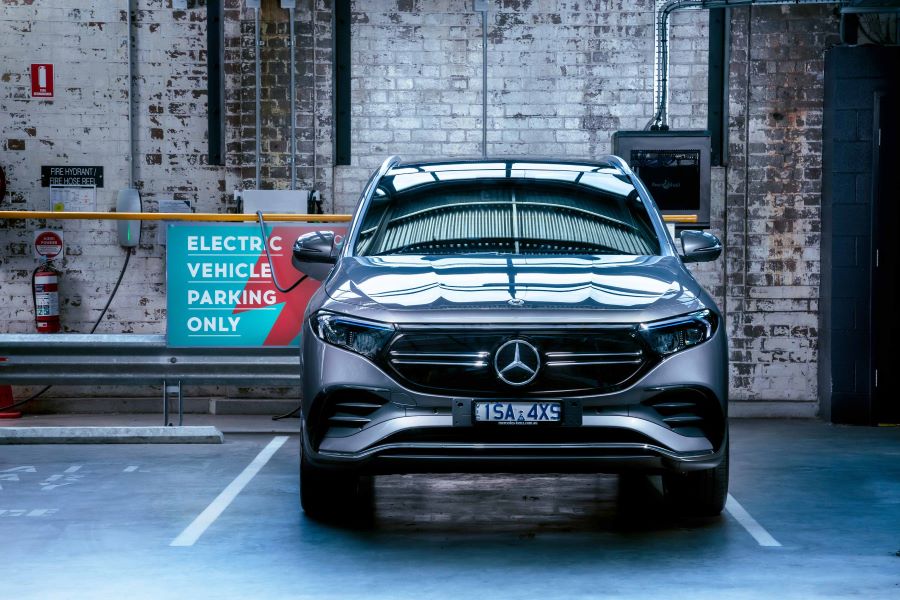 The EQA has a 480km range.
The EQA has a 480km range.
The EQA’s ride is fine, though a little bouncy at low speeds. This is most evident in car parks with mean judder bars. It is incredibly quiet, even on the open road.
This is a car to recharge every week or so and to use for city trips such as shopping and rides to the beach. It is a good, competent Mercedes SUV that just happens to be electric.
The EQA is powered by a single electric motor generating 140kW of power and 375Nm of torque. No slouch here, but unlikely to set any speed records. It will do 0-100km/h in 8.9 seconds.
Its 66.5kW battery gives it a range of 480km and has a maximum charging capacity of 100kW (most New Zealand charging stations are up to 50kW, however). A Mercedes-Benz wallbox will charge overnight at 11kW.
The EQA retails for $85,500, but the tested version has lots of niceties, including an AMG Sports package – which is mostly about styling – a 360-degree camera and heads-up display, taking the cost to $94,150.
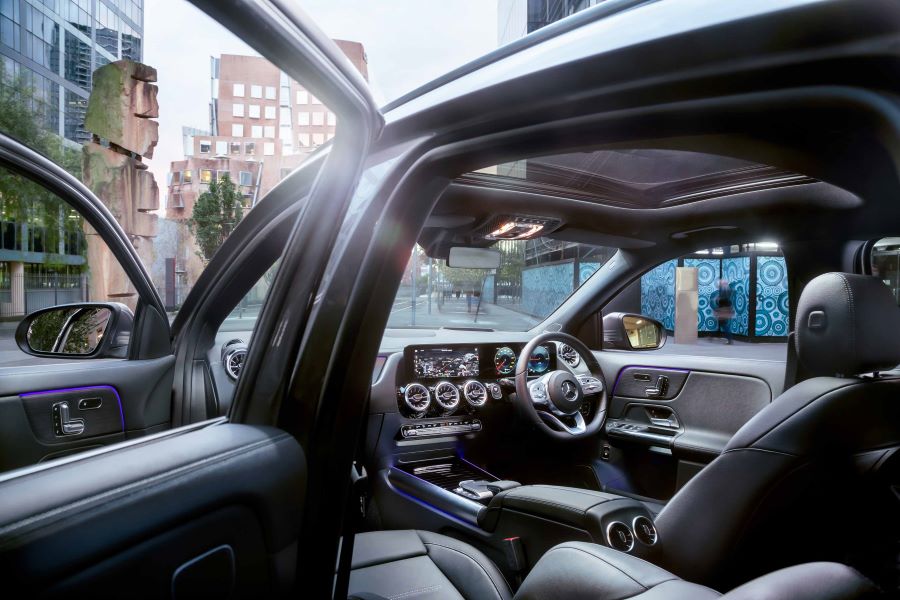 The EQA boasts a stylish interior.
The EQA boasts a stylish interior. I do have a beef with the cockpit, though. The EQA has two sticks coming off the steering-wheel column. The one on the right changes gear between neutral, forward and reverse. The one on the left is the indicator, as well as controlling the wipers and windscreen washers (front and rear). The balance is wrong and not intuitive, especially as an electric car doesn’t need much in the way of gear stick other than go and reverse.
The gear stick could be placed elsewhere and the right-hand stick could manage the wipers.
The cruise control is a set of dials on the steering wheel, which also detracts from the user experience when the car is being driven at 100km/h.
Audi does this better, with a stick each for indicating, cruise control and wipers.
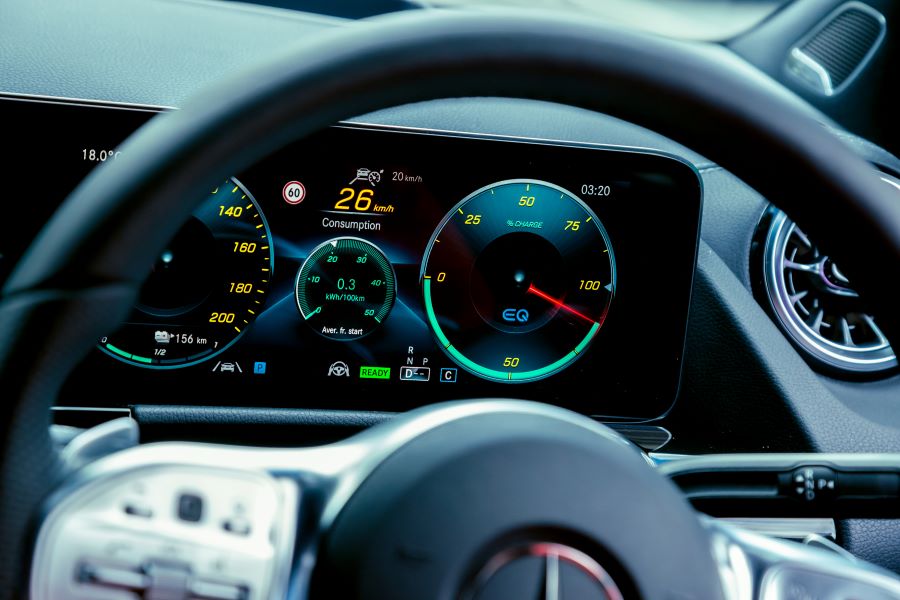 The steering wheel features touch-and-swipe buttons.
The steering wheel features touch-and-swipe buttons.
The “Hey, Mercedes” voice-activated assistant remains head and shoulders above that of any car maker other than Tesla, and now Polestar with its Google-powered system. In the week I was test-driving the EQA, this feature was mostly used by the family to endlessly change the colour of the internal lights. It can do much more, though – even if it won’t tell you a joke.
And the touch- and swipe-sensitive buttons on the steering wheel, and the trackpad in the console between the front seats, add an unexpected layer of usefulness, particularly with changing the radio station, which I do constantly.
There is plenty of room, although the boot is surprisingly small.
It is slightly hard to see what the EQA is competing against, given it sits around the $80k threshold for the $8625 clean-car rebate. Its most likely competitor seems to be the brand-new Lexus UX300e, which sneaks in low enough to get the discount. Lexus expects to sell 500 of these within the first year.
The EQA is a more than competent smaller electric SUV. Its elder sibling, the EQC, was the New Zealand Motoring Writers’ Guild 2020 Car of the Year for good reason.
Given the EQA’s $80,000-plus, non-rebate price range, I wouldn’t be surprised if Mercedes finds a way to lower this to directly compete with the Lexus and other very good rivals.


